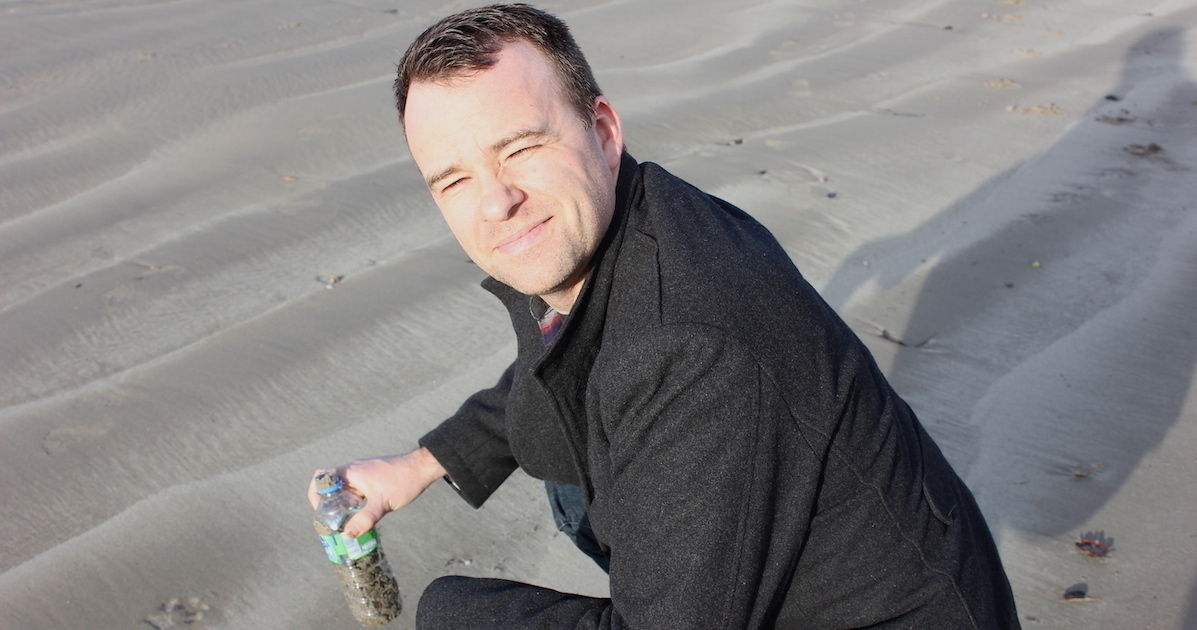Living your best life
I didn’t know this guy, but for some reason clicked through to this post which appeared in my LinkedIn stream. It’s oddly affecting to see the words of someone who recently passed away doing so at peace with the world and hte place he had in it.

I wrote a book, I wrote a play and at least six thousand blog posts rife with dumb hot takes and cancellable offences. I ran a newspaper, a theatre company and a business. After a mentor invited me to work on the Copenhagen Climate Talks, I realised I could earn a living and still be on the side of the angels. And so, I helped to change laws that protect nature; I compelled people to get vaccinated during a pandemic; and I shook the hands of Prime Ministers in Paris.Source: They Were All Splendid | DarrenBarefoot.comI loved a woman for 27 years, but that is private and not for you.
This has been my life: art, exploring, work and love. I’m proud of it and sad that it’s shortened. I haven’t seen Asia. Will the Canucks win the Stanley Cup in the next thirty years? Will people walk on Mars?
I have a Buddhist friend who legitimately believes that every person is doing their best all of the time. I’ve finally come around to this idea. I’ve lived the best life I could.
Let's talk
Wise words from Seth Godin:
Universities and local schools are in crisis with testing in disarray and distant learning ineffective…
[When can we talk about what school is for?]
It’s comfortable to ignore the system, to assume it is as permanent as the water surrounding your goldfish. But the fact that we have these tactical problems is all the evidence we need to see that something is causing them, and that spending time on the underlying structure could make a difference.
Seth Godin, When can we talk about our systems?
It's not just education, or racism, or healthcare, or any of the other things he lists. Organisations are made up of people, and most people don't like conflict.
As a result, we get a constant barrage of tactical responses to emergent situations, rather than focusing on strategies that would prevent them.
The more time we spend on purposeful reflection, the less time we spend putting out fires.